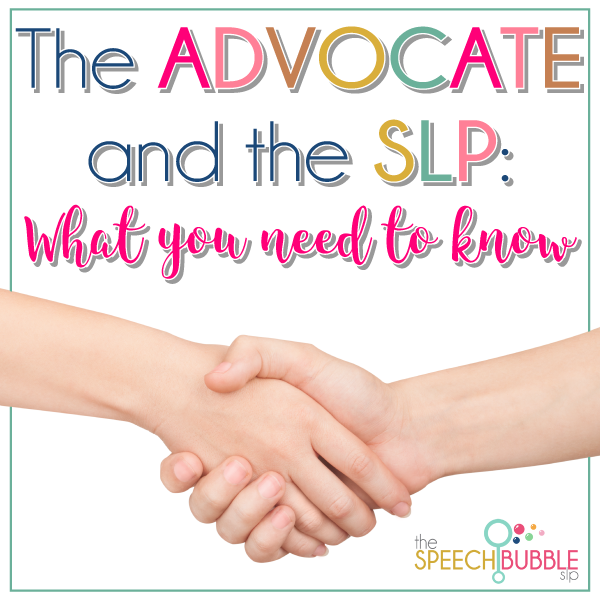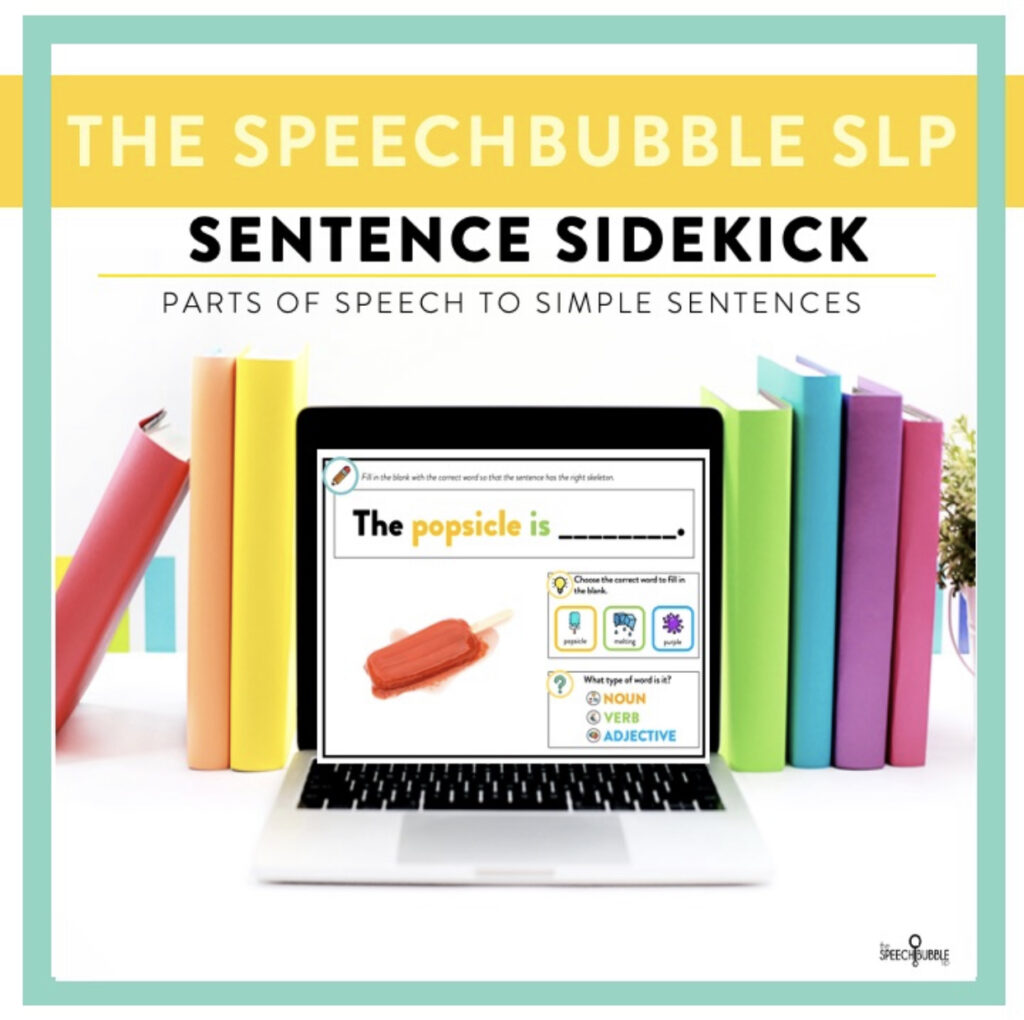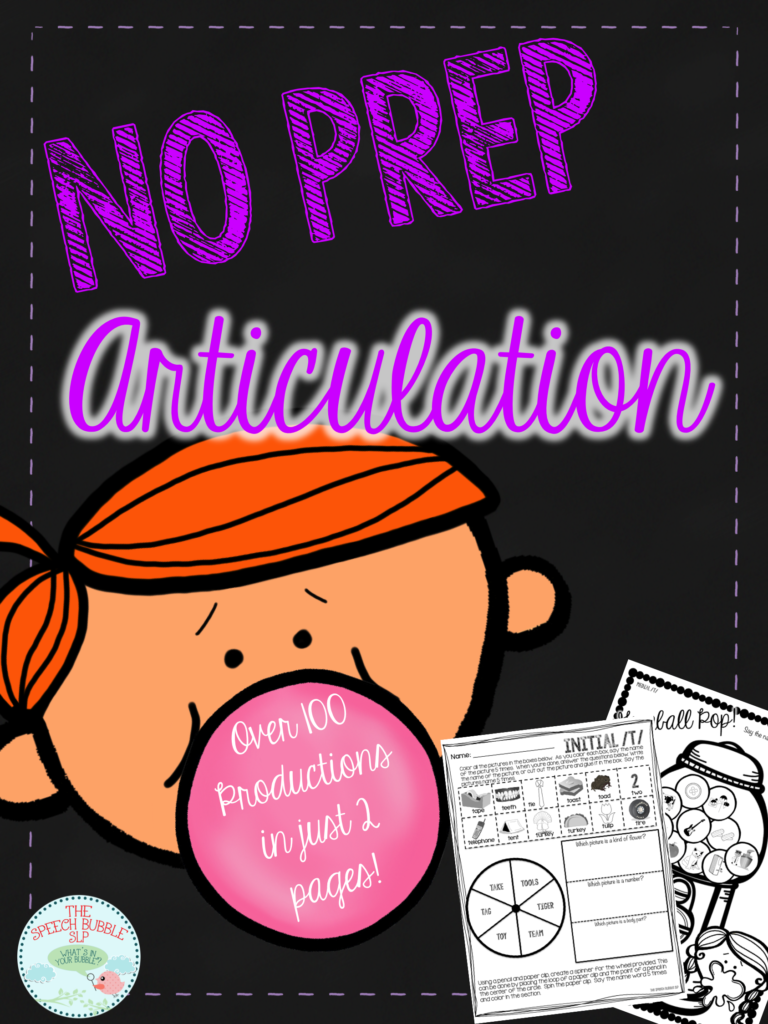You hear those words, ” They have an advocate.“, and your heart starts beating faster. An advocate…great. Don’t the parents trust me? Don’t they know I have the best interest of their child in mind? The advocate is going to be mean. They’re going to demand crazy things. They’re going to rip my goals to pieces. Or are they?

I am fortunate to have a good friend, Carly, who is also an advocate *gasp*… and we get along just fine. I even enlisted her help to hopefully answer some of these common questions that pop up when we hear that parents are giving bringing an advocate to the table.
An advocate helps parents understand the IEP paperwork and process, advises them on how to effectively advocate for their child, including how to productively address their concerns regarding their child’s IEP with the school team.Why might a family hire and advocate?
Typically families hire advocates when they disagree and/or are confused by the school’s recommendations for any component(s) of their child’s IEP, which may include placement, accommodations, goals, related services, minutes, etc. Other times, parents are too overwhelmed/exhausted/confused/emotionally overdrawn by the jargon and reports to feel like they can be a productive member of the team and may need some help. I’ve also had parents say they don’t feel like the school is acknowledging nor addressing their concerns. So they turn to a trained advocate who can explain and break down the reports in more simple language, and help them convey their thoughts to the team in a more productive and effective way. An advocate can also help parents understand what they can reasonably expect from the school in return.Why would an advocate come to an IEP meeting?
A parent may hire an advocate to attend the meeting for a number of reasons… for support, to have an emotionally removed person there to help them convey their concerns to the team, ask for clarification throughout the meeting regarding things the parents have concerns about, ensure parents are keeping up/understanding and contributing to each decision made throughout the IEP meeting, etc.Why would an advocate question my speech therapy goals?
Personally, my approach as an advocate is not to question anyone’s expertise, but rather ask for clarification to help address a specific concern a parent has regarding speech (or any other area) and to help further understand how a recommendation came to be in the process. Concerns or questions for clarification may arise when an outside speech therapist’s report or recommendations differ than the school SLP’s. Or when a child is showing regression or not making adequate progress on a speech goal, further discussion or amendments are needed to revise the goal to make it more achievable for the student. Or perhaps the child is being dismissed from speech or having a significant reduction in speech minutes early in a new school year before enough time has passed to ensure consistency and generalization of a skill that was once of a recent significant delay (this can be a gray area). Another example might be when a child of a significant delay is receiving his or her minutes in a large group setting, when the delay may warrant more direct 1:1 minutes or in a very small group of 2-3 students. All of these reasons may open a discussion for clarification at a meeting.
I always tell the parents who hire me that my approach as an advocate is to help them work with the school, not against them, to get their concerns for their child’s IEP productively addressed, without damaging the relationship with the school team. “You catch more bees with honey than vinegar”.
I taught 8 years in special education, before becoming a full-time advocate. During my teaching career, I realized that SLPs are among the most overworked, with overwhelming caseloads and intense amount of minutes to fulfill, before warranting additional SLPs to be hired to help ease your workload. Hats off to all of you SLPs… thank you for all you do!!!
https://iepconsultingllc.blogspot.com/
A huge thanks for Carly Quinlan for helping to answer some of those tough questions. The next time you hear that there will be one more face around the IEP table, just remember what you read here and know that everyone is truly on the same team, the child’s team. That point can easily become forgotten when we feel that our skills are on trial when that may truly not be the case.
Have you ever had to work with an advocate before?




















